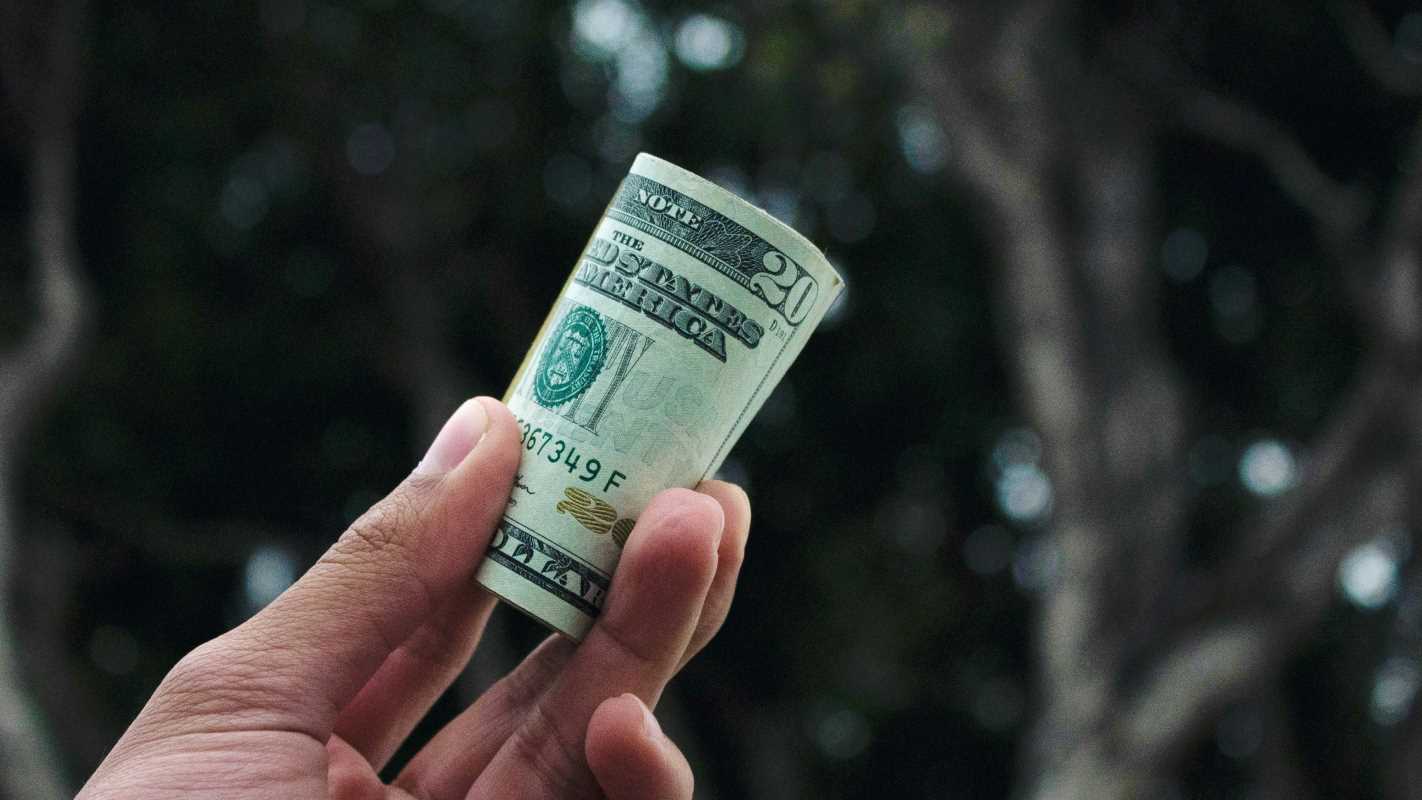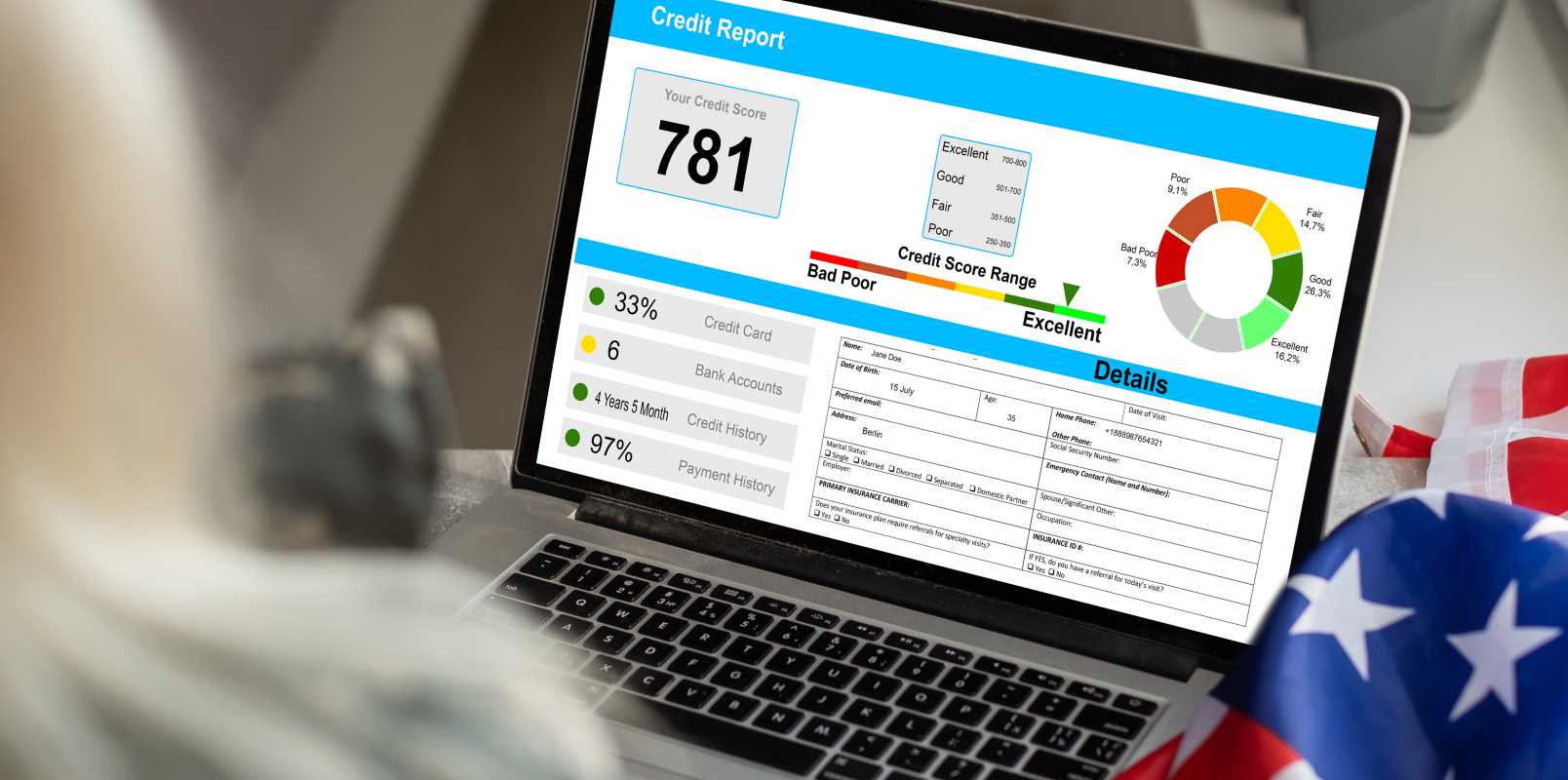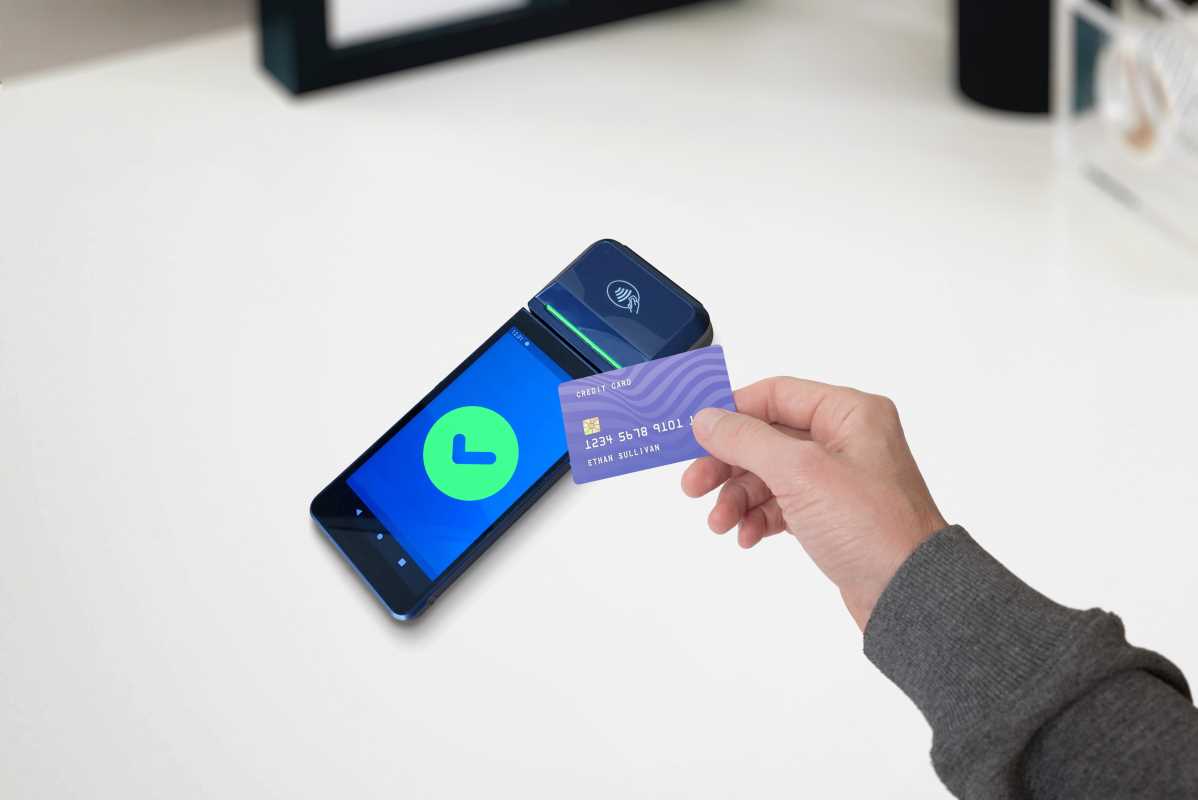Managing student loans, credit cards, and saving for a dream vacation often feels overwhelming and stressful. Life doesn’t have to become a series of trade-offs between fun experiences and financial responsibilities. By taking practical steps and adopting new habits, you can still savor your favorite activities while making steady progress on reducing debt. This guide offers clear, realistic advice designed to help you pay off what you owe without giving up the things that make you happy. Learn how to approach your finances with confidence and keep both your bank balance and your lifestyle in good shape.
No jargon, no heavy math lectures—just honest tips you can slip into your daily routine. Ready to shake up how you think about borrowing? Let’s dive in.
New Ways to Think About Debt
- Reframe debt as a choice in your narrative. Instead of viewing payments as punishment, see each one as reclaiming freedom. That shift makes monthly transfers feel like small victories, not chores.
- Connect your spending habits to personal values. If travel sparks joy, consider trimming streaming subscriptions rather than cutting weekend getaways. Aligning payments with what truly matters keeps motivation high.
- Have a “future self” conversation. Picture the person you’ll become when balances shrink: maybe buying a condo or starting a side gig. Talking to that version of you creates a psychological bridge from sacrifices today to rewards tomorrow.
Five Practical Steps to Pay Off Debt
- Mint (App, 2007)
- Unique feature: Connects cards and loans into one dashboard with real-time bill reminders.
- Cost: Free with optional premium upgrades.
- Tip: Enable color-coded alerts and mark near-payoff accounts to stay motivated.
- You Need a Budget (YNAB) (App, 2004)
- Unique feature: Assigns every dollar a purpose, rolling over unused budgets month to month.
- Cost: $11.99/month subscription.
- Tip: Track progress with the “Age of Money” metric to measure how far ahead you are on expenses and debts.
- Credit Karma (Website/App, 2007)
- Unique feature: Free credit score monitoring with personalized debt payoff suggestions.
- Cost: Free.
- Tip: Use the “Credit Optimizer” weekly to detect rate hikes or find refinancing offers.
- Tally (App, 2015)
- Unique feature: Consolidates multiple credit cards with a low-interest line of credit, plus automated scheduling.
- Cost: Interest rates start at 7.9%.
- Tip: Activate “Auto-Pay Buffer” to let Tally automatically apply extra funds to higher-interest balances.
- Prism (App, 2010)
- Unique feature: Aggregates bills and loans into one feed with direct bank payments and predictive schedules.
- Cost: Free.
- Tip: Use calendar view to spot paycheck gaps and move payment dates slightly earlier for smoother cash flow.
Maintain Your Progress Without Overdoing It
Even the best apps can’t replace your energy and commitment. Set aside 15 minutes weekly to review your dashboard, celebrate a small win—like reducing last month’s interest total—and adjust upcoming transfers. This routine helps you develop a payment habit without making it feel like a chore.
Drop the idea that you need to do everything perfectly. If you overspend one weekend, double payments in the next cycle or trim a streaming subscription instead of skipping a payment. Small adjustments keep you moving forward, helping you stay in control and prevent guilt from derailing your progress.
Applying Debt Repayment to Daily Life
Incorporate simple rituals into your routine—like setting Mint alerts with your morning coffee or reviewing Prism on your subway ride—to build momentum without extra effort. These small habits make managing finances feel natural rather than separate tasks.
Share your wins with friends or your partner. Being open about your progress not only keeps you accountable but might lead to creative compromises: perhaps swapping an expensive dinner for a homemade potluck. This way, you keep social connections strong while putting more money toward paying off debt.
Small, consistent adjustments lead to real change. Experiment with different app features or mindset shifts to find a routine that feels rewarding and manageable.







